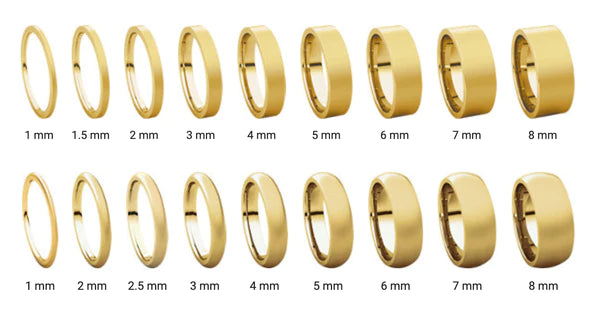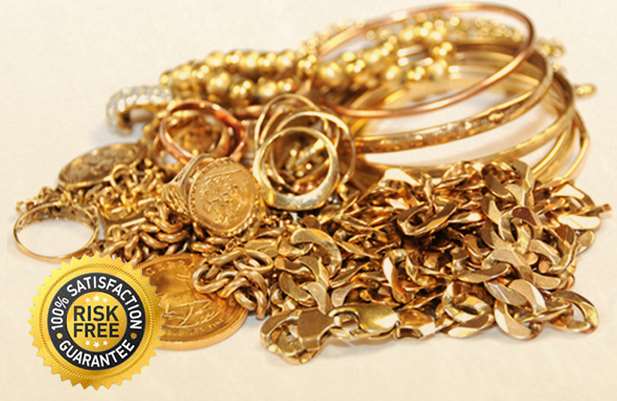Embracing Fair Trade Practices in Sustainable Jewelry
In the realm of sustainable jewelry, fair trade practices stand as a cornerstone of ethical sourcing and production. As consumers increasingly demand transparency and accountability from the brands they support, the jewelry industry has responded by embracing fair trade principles to promote social equity, empower artisans, and foster sustainable livelihoods. Here, we explore the significance of fair trade practices in the world of sustainable jewelry and the transformative impact they have on communities worldwide.
Empowering Artisans and Miners
Fair trade practices in the jewelry industry prioritize the well-being and empowerment of artisans and miners, particularly in developing countries where jewelry production is often a primary source of income. By ensuring fair wages, safe working conditions, and access to educational and healthcare resources, fair trade initiatives enable artisans and miners to improve their quality of life and break the cycle of poverty. Fair trade also promotes gender equality by providing opportunities for women to participate in the jewelry-making process and earn a living wage.
Transparency and Accountability
Transparency is fundamental to fair trade practices in the jewelry industry. Fair trade-certified brands are committed to providing consumers with clear and comprehensive information about the origins of their materials, the conditions under which jewelry is produced, and the impact of their purchasing decisions. By fostering transparency and accountability throughout the supply chain, fair trade initiatives empower consumers to make informed choices that align with their values and support ethical business practices.
Environmental Stewardship
Fair trade practices extend beyond social equity to encompass environmental sustainability. Many fair trade-certified jewelry brands prioritize eco-friendly production methods, minimize waste, and promote responsible stewardship of natural resources. By embracing sustainable materials and production processes, fair trade jewelry brands reduce their environmental footprint and contribute to the preservation of ecosystems for future generations.
Community Development and Empowerment
Fair trade jewelry initiatives not only benefit individual artisans and miners but also foster community development and empowerment. By reinvesting a portion of their profits into community projects such as education, healthcare, and infrastructure development, fair trade-certified brands contribute to the long-term economic and social well-being of the communities they operate in. These investments help build resilient and self-sustaining communities that are better equipped to address challenges and seize opportunities for growth and prosperity.
Supporting Ethical Consumption
As consumers become increasingly aware of the social and environmental impact of their purchasing decisions, fair trade jewelry has emerged as a symbol of ethical consumption. By choosing fair trade-certified jewelry, consumers can support fair wages, safe working conditions, and sustainable livelihoods for artisans and miners around the world. Fair trade jewelry serves as a tangible expression of solidarity with marginalized communities and a commitment to creating a more just and equitable world.
In conclusion, fair trade practices play a pivotal role in shaping the landscape of sustainable jewelry, promoting social equity, environmental sustainability, and ethical consumption. By embracing fair trade principles, jewelry brands and consumers alike can contribute to positive change in the industry and beyond, creating a more inclusive, sustainable, and equitable future for all.

















